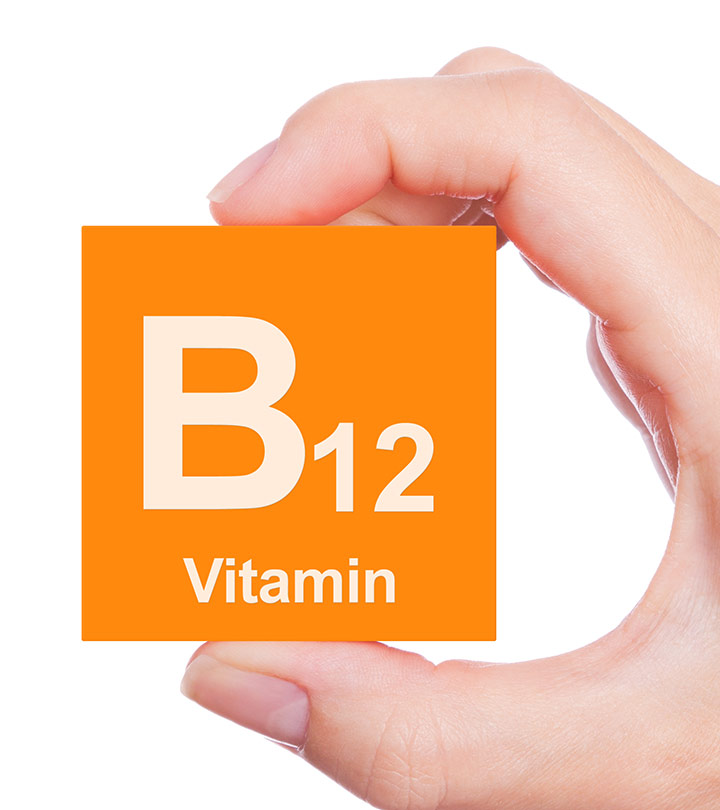Dear Pooja,
I am 29-year-old unmarried woman and planning to go for a trek to Manali after two months. Since trekking requires one to have good stamina, I would like to know the right diet that will help me increase my stamina levels. Currently, I feel tired when I run or brisk walk even for a short while. Please let me know which foods I should eat. Thank you.
Lets thank the Manali trip that triggered you to wake up and address the signs your body is giving you. In this roll-a-coaster life where we are so tuned to listening to every beep of our mobile distinguishing the sounds easily between an email, sms or or a what’s app – but the signs our body gives us so easily goes unnoticed. Weakness, breathlessness, poor stamina amongst others are all signals of under-nutrition, vitamins, minerals and/or amino acid deficiencies. Firstly I’d suggest you check your hemoglobin and serum B12 levels and have these deficiencies corrected as low levels of these are directly related to the signs you have mentioned above. Gaining long lasting stamina may take a little more love care and attention in your day-to-day diet and exercise regime over a long-term basis but you should see some definitive improvement within two months as well.
A visit to a nutritionist can teach you what your daily requirement for proteins and carbohydrates is and how to divide this effectively into several small meals to fuel your systems adequately. Keep the focus on good quality and quantity of proteins daily along with a good tilt toward fresh fruits and vegetables. Avoiding excess sugar and fat always goes a long way in terms of a fit and healthy mind and body. As I always suggest eating small meals every two hours not only improves metabolism and aids weight loss, it also makes sure that the body gets a steady supply to energy without any peaks or troughs in the blood sugar levels – this is one main essential for sustain Duracell stamina levels. Sorry I was unable to give you exact foods and quantities cause that requires me to know many details about you to help you in complete totality. All the best, hope you enjoy your trekking trip with great vigour and strength.
Dear Pooja,
I am suffering from low vitamin B12 levels since I follow a strict vegetarian diet. I had been prescribed medicines twice by doctors in the past since I was suffering from recurring fever due to low B12 levels. Both times I got extreme acne eruptions all over my face, which took almost two years to subside after stopping the medicines. Normally, I have seen that B12 is found in non-vegetarian food items (liver, meat, eggs) or diary products. The problem is that since I am acne prone, I am unable to consume diary products since they cause eruptions. Could you please suggest some plant-based food items that could help increase my B12 levels.
Vitamin B12 is necessary for the synthesis of red blood cells, nervous system functions and growth and development in children. Deficiency of this vital vitamin causes lowered immunity, symptoms of fatigue, poor memory, depression, even tingling in your hands and feet. As a vegetarian you don’t have much access to B12 in your diet other than a little from the milk and milk product that you may be consuming. Now milk can sometimes trigger acne eruptions if your body is unable to digest it properly – this leaves you with no dietary source of B12 sadly. I highly doubt that the oral B12 supplements were the cause of the eruptions on your face that you noticed the last two times. B12 is an essential nutrient and if you cannot obtain it from the diet then oral supplement becomes essential. Another option that you could try would be to ask your doctor if he can give your intramuscular injections of the vitamin. When the levels are very low and the immunity is thus affected this route is usually advised. Check with your doctor for the same. Take better care of skin hygiene with a good balanced diet containing ample hydration for improved skin but don’t hesitate in correcting the your vitamin deficiencies. Good luck!
As you flop on your couch, lie down and stare at the ceiling, you wonder why you are so exhausted. It was not the day that had been longer or more eventful than usual so what’s making you feel so tired?
Summers are one of the biggest causes for energy depletion. The obvious solution, of course, is to drink a lot of fluids: 10-12 glasses a day is not just preferred, it’s mandatory. Mix it up as well. Top up with chaas, nimboo paani, and the like to have a productive day. But that’s not why I’m writing this column. My point is that what and how you eat could also be the reason of your fatigue.

The best way to explain the relationship between energy levels and nutrition would be to understand it in terms of your blood sugar levels. Your blood sugar level needs to be stable through the day for you to feel energetic. Certain foods help keep it stable while others spike it (making you super energetic in the short term) and then send it crashing down (making you feel so tired at the end of the day, that it’s hard for you to even lift your finger), not to mention the temper flares.
Sugary and High GI foods, like cakes, chocolate, sweets, sugary drinks, cocktails, white flour etc., spike your blood sugar. Opt for the following slow-release sugars and eating habits to feel better.
1. FRUIT
You’d be surprised at how beautifully fruit helps you feel energised and active. About three medium-sized seasonal fruits a day -each eaten at different times and at least two hours apart -is a great and fairly unobtrusive way to snack with benefits.
2. FRESH VEGETABLES
Whether you make a salad or a freshly cooked bhaji, eat them as a main dish or include them as a sneaky side show, invite more fresh vegetables in your life. In addition to managing your sugar levels, they overflow with vital vitamins and minerals, which are good for you. During peak summer, I prefer my veggies raw, sans he extra masalas and garlic-ginger paste chop them finely, add some healthy sprouts, chat masala and fresh coriander chutney. Chilled yogurt and rice can be happy adjuncts to make a complete meal.
3. VEGETABLE JUICES
Even unsweetened fruit juices are high in sugar. Vegetable juices work brilliantly to keep your body functioning well. Blend three different raw vegetables in a mixie. Add half the pulp back to the juice, top up with water, and season to taste. Drink daily.
4. GOOD QUALITY PROTEIN
Egg whites and lean protein are key to beating fatigue. Red meats have a lot of saturated fats and the body takes more effort and time to digest it, ultimately making you feel sluggish.
5. BREAK UP YOUR MEALS
Eating every two hours works brilliantly to manage your sugar levels, giving you a moderated supply of energy throughout the day. All you have to do is break up your three square meals into smaller meals; it’s really that easy.



